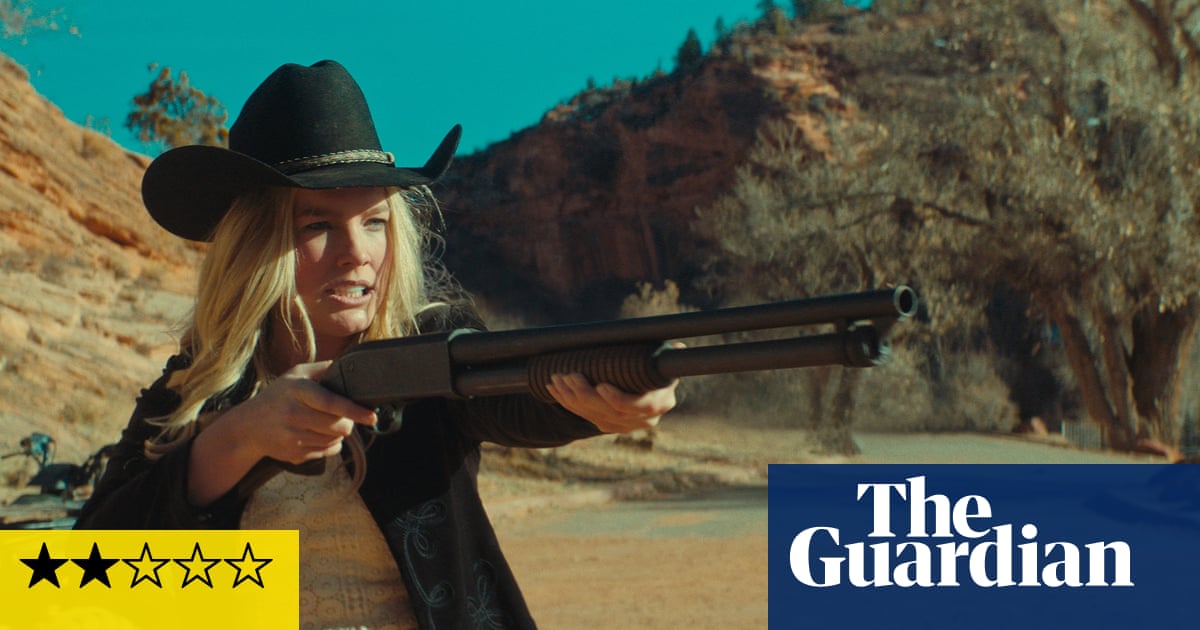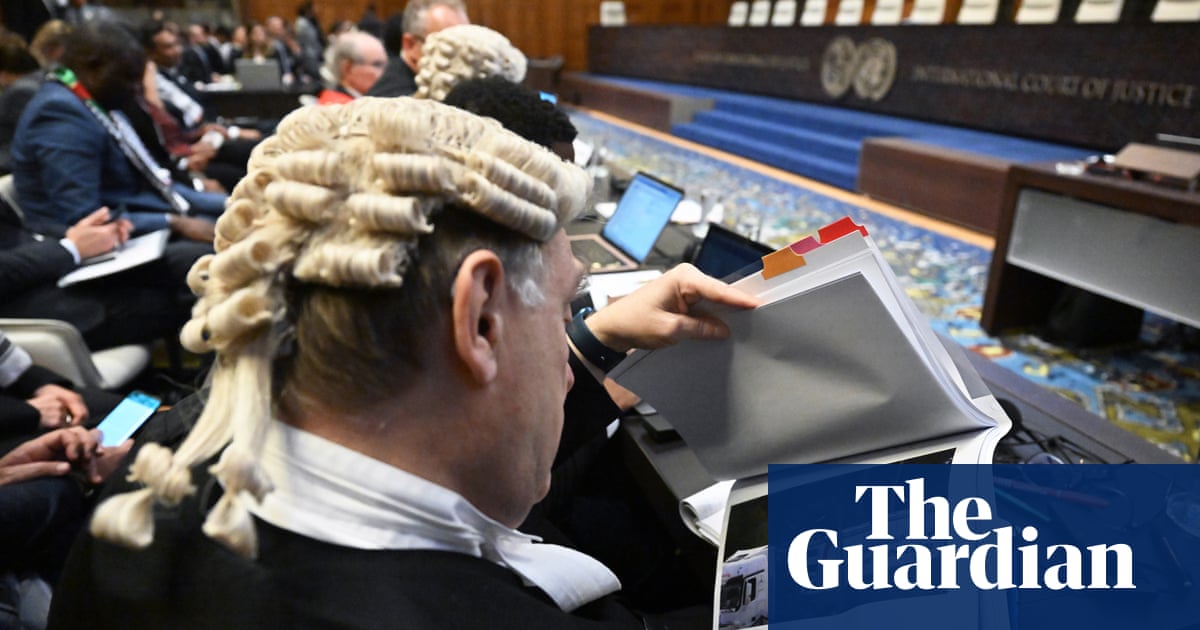
Callie Khouri’s Oscar-winning screenplay lets us fall for our titular heroes despite their transgressions
And the pair’s dead-end decision sounds a note not of resignation or despair, but of fierce independence and bold audacity
Beginning with a murder and ending with the most memorable joint suicide since “Romeo and Juliet,” “Thelma and Louise” really shouldn’t have chalked up as a favorite feelgood movie. But despite this framing in bloodshed and tragedy, the 1991 Hollywood classic has gone on to earn a place as pop culture’s quintessential depiction of a girl power-fueled road trip.
The pervading moral handbook is thrown quickly to the winds of passing traffic. Callie Khouri’s Oscar-winning screenplay lets us fall for our titular heroes despite — and in part, because of — their transgressions: The pair’s refusal to play the victim, and reluctant-turned-rousing embrace of an outlaw life on the run, is what keeps the engine of this unlikely feminist manifesto humming.
Taking refuge from an abusive partner and monotonous waitressing job, respectively, Thelma and Louise’s planned fishing weekend goes awry when the former (Geena Davis) is assaulted and the latter (Susan Sarandon) shoots the lewd culprit dead. It’s crucial for both the movie’s plot and the adjustment of our ethical compass that the trigger is pulled well after Thelma is out of the brute’s clutches: Stacked any way, it’s murder.
Yet it seems good sense that they flee the scene and a downright hoot when they lock a police trooper in his trunk at gunpoint. Naturally, this lark takes place on Route 66, behind the wheel of a beautiful turquoise 1966 Ford Thunderbird.
Despite being best known for historical, machismo-fueled epics (“Gladiator,” “Robin Hood”) and high-concept sci-fi (“Blade Runner,” “The Martian”), director Ridley Scott proves a sensitive director of women, eliciting career-defining — and Oscar-nominated — performances from both leads, who delicately navigate the script’s subtle tonal shifts between solemn drama, buddy comedy and getaway thriller.
At the movie’s much-parodied, iconic Grand Canyon close, the pair’s dead-end decision sounds a note not of resignation or despair, but of fierce independence and bold audacity. “Thelma and Louise” is a celebration of sisterhood, of overthrowing oppression and refusing to play by the rules.












